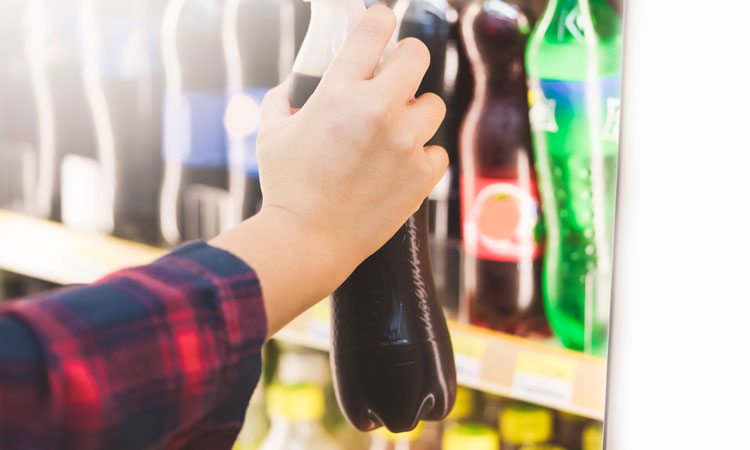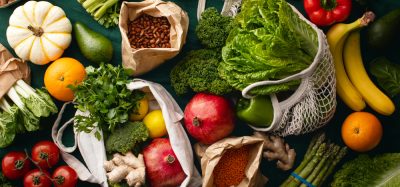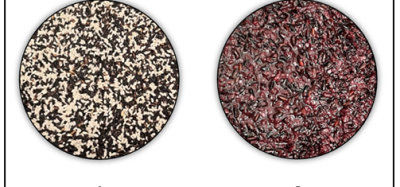Europe’s soft drinks industry makes ambitious sugar announcement
- Like
- Digg
- Del
- Tumblr
- VKontakte
- Buffer
- Love This
- Odnoklassniki
- Meneame
- Blogger
- Amazon
- Yahoo Mail
- Gmail
- AOL
- Newsvine
- HackerNews
- Evernote
- MySpace
- Mail.ru
- Viadeo
- Line
- Comments
- Yummly
- SMS
- Viber
- Telegram
- Subscribe
- Skype
- Facebook Messenger
- Kakao
- LiveJournal
- Yammer
- Edgar
- Fintel
- Mix
- Instapaper
- Copy Link
Posted: 29 June 2021 | Bethan Grylls (New Food) | No comments yet
Europe’s soft drinks industry says it will reduce average added sugars in its beverages by another 10 percent across Europe.


UNESDA, representing Europe’s soft drinks industry, has announced new health and nutrition commitments, including a pledge to reduce average added sugar in soft drinks by an additional 10 percent by 2025.
This latest drive to help consumers manage their intake of added sugars via soft drinks will mean a 33 percent overall reduction in average added sugars over the last two decades.
“This additional 10 percent reduction in added sugars underlines our sector’s collective proactivity and determination to contribute to healthier and balanced diets in Europe,” said Ian Ellington, UNESDA President and Senior Vice President and Chief Category Officer at PepsiCo Europe. “We will continue to bring innovation and choice to consumers as we implement this pledge.”
The soft drinks sector intends to deliver on this new commitment through a range of accelerated actions, including recipe changes and the continued development of no- and low-calorie products with varying levels of sweetness. Moreover, availability and range of small packs to support portion control will also increase.
We’ll also see changes in advertising and marketing. Currently, no soft drinks are advertised anywhere in Europe where children younger than 12 years old make up 35 percent of the audience. The industry says it will now raise the minimum age limit to 13 years old and lower the audience threshold to 30 percent.
Europe’s soft drinks industry also remains committed to intensifying its efforts in the coming years to ensure that its school commitments continue to be implemented across Europe. This includes no sales and advertising of any soft drinks in EU primary schools and only no- and low-calorie soft drinks available within EU secondary schools – and in non-branded vending machines.
To drive healthier drink environments for Europe’s citizens and deliver on the new and enhanced health and nutrition commitments, Europe’s soft drinks industry also depends on policy cohesion and an enabling policy framework at EU and member state level. This means promoting a multi-faceted and multi-stakeholder approach to address the obesity crisis. In addition, it has called for policymakers to consider voluntary approaches to sugar reduction as efficient alternatives to regulation.
The Brussels-based trade association has also stipulated that regular and reliable pan-European monitoring of food and drink consumption intakes and patterns are “desperately needed” so that interventions targeted at population groups at risk can be developed.
“For 20 years, we have been pioneers in reducing average added sugars in our drinks, implementing effective school policies and responsible marketing practices. We are committed to playing our part. It is now time to achieve critical mass across the entire food and drink chain to deliver positive health outcomes more broadly. We intend to submit these new and enhanced commitments under the EU code of conduct for responsible business and marketing practices,” Ellington concluded.
Related topics
Beverages, Health & Nutrition, Ingredients, Product Development








